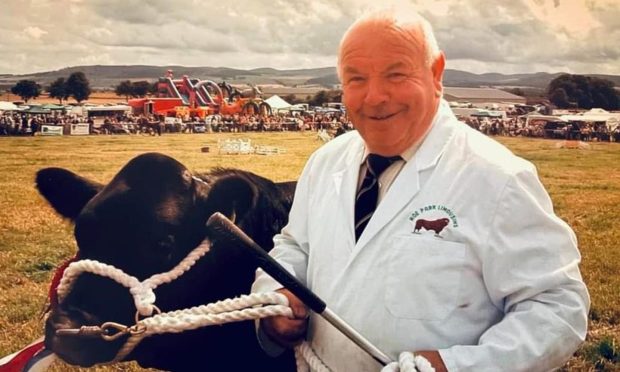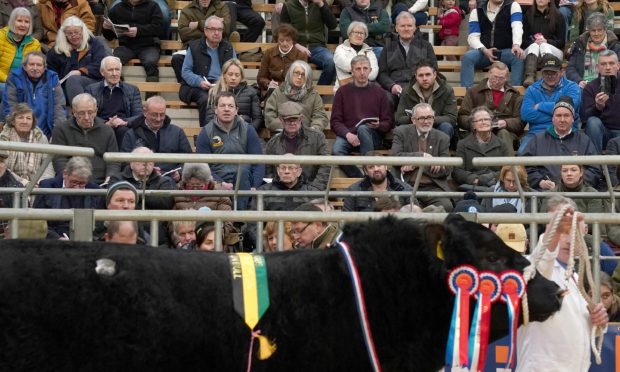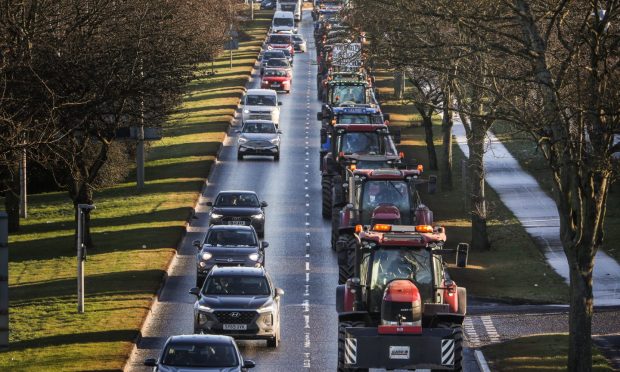The UK will not be “chasing the rainbow” of a level playing field when it seeks to develop future farming policy for the post-Brexit era.
That was the message from Defra farming minister George Eustice during the latest session for the EU Energy and Environment Sub-Committee’s investigation into the implications of the UK’s divorce from Europe on agriculture, in the House of Lords on Wednesday (8 March).
Providing evidence alongside colleague Mike Rowe, who is deputy director for Future Agriculture Policy and the CAP at Defra, Mr Eustice said the fairy-tale notion would always prove too “elusive”, not least as a result of fluctuating exchange rates affecting relative pricing for commodities, differing labour costs, infrastructure costs and land costs, right across all farm sectors in the EU.
“It is not the right thing to target as a point of policy,” said Mr Eustice.
“We should be targeting good, coherent policy that delivers for all farmers in the UK.”
Mr Eustice and Mr Rowe said Defra has been exploring successful methods behind farm support systems employed around the globe, as well as the merit of individual agri- and environmental schemes already in place, to determine a “best fit” for the UK’s longer-term game.
“We don’t want any cliff edges for farmers,” said Mr Eustice.
“We want an orderly transition.”
As a result, Mr Eustice said it was of his view that Defra will almost certainly need to take steps to “disentangle some of the conflicting objectives of the CAP”.
“Firstly, if we want income support, we need to work out why farmers need income support,” he said.
“Farming is an industry that is exposed to risk, such as from the weather, very high market volatility, animal disease outbreaks – all sorts of problems.
“What some countries like the United States and Canada have done is look at policies for government-backed insurance schemes, counter cyclical disaster payments or incentives to help farmers set money aside for a rainy day – a range of policies that all help farmers to manage risk,” said Mr Eustice.
Mr Rowe added: “We have been keen to look at what is working around the world and even look back to what worked inside the UK historically.”
Effectively, Mr Rowe said the Defra had the opportunity to “pick and mix” the best policies for what UK farmers might face for the future.
This, he added, would be best achieved by taking into consideration what is proven to have worked in the past.
In terms of environmental schemes, Mr Eustice said he wanted to see the UK adopt a “much more holistic, much more local” approach.
“I’m interested in whether we could actually use bodies like the Wildlife
Trust and RSPB, locally, to design agri-environmental schemes that work,” he said.
This, he added, could be done on a water catchment or landscape basis.
“At the moment we have very centralised schemes – prescriptive, national schemes that don’t fit regional variations,” he said.










